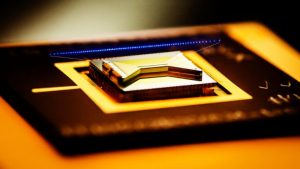School of Information Technology – (Multiple academic positions)
- Multiple academic opportunities at multiple levels
- School of Information Technologies
- Faculty of Engineering and Information Technologies
School of Information Technologies
Faculty of Engineering and Information Technologies
University of Sydney
Reference No. 1933/1018C
About the opportunity
The School of Information Technologies at the University of Sydney (Sydney, Australia) is seeking applications for several academic positions at all levels. Successful applicants will have an excellent research record and be able to teach in a range of courses. The school is embarking on an exciting growth journey, adding several new positions which will complement our core areas of strength and push the frontiers to new research areas.
We are particularly interested in the following fields of computer science: Graphics, Virtual Reality/Augmented Reality, Data Science, Systems, Artificial Intelligence, Natural Language Processing, Cybersecurity, and Quantum Computing. The level of appointment will be commensurate with qualifications and experience.
Successful applicants should expect an internationally competitive salary, a generous start-up package and a first-class research environment.
About you
You will be expected to develop an outstanding independent research program, make internationally recognised advances, engage in collaborations within and outside the University, including with industry partners, contribute to innovative curriculum development and delivery at both undergraduate and graduate levels, and contribute to the management and leadership of the School and the University.
Term and Remuneration
Successful candidates will be offered a full-time appointment. A competitive remuneration package will be negotiated dependent of level of appointment.
How to Apply
All applications must be submitted via the University of Sydney careers website.
Visit sydney.edu.au/recruitment and search by the reference number 1933/1018C or more information and to apply.
Applicants should include a CV, research statement, teaching statement, names and email of 3 references for junior and 6 references for senior candidates applying for Associate Professor and Professor levels.
In your cover letter please state which level / levels you would be interested in applying at, Associate Lecturer, Lecturer, Senior Lecturer, Associate Professor or Professor.
Closing date: 2 December 2018 – Late applications will be considered, but priority will be given to applications received before this date.

